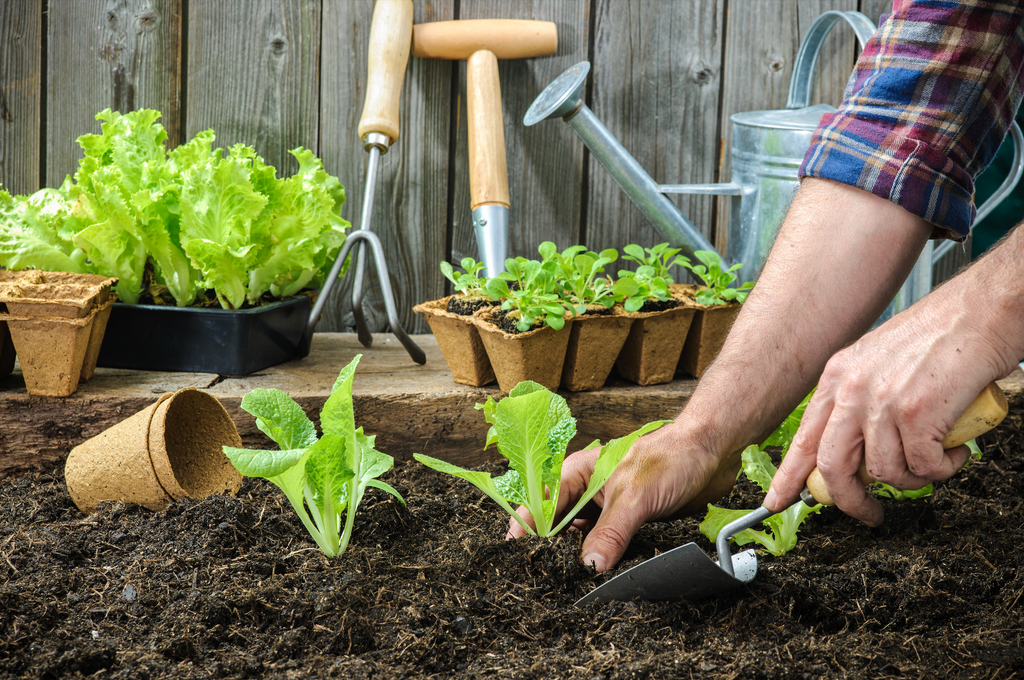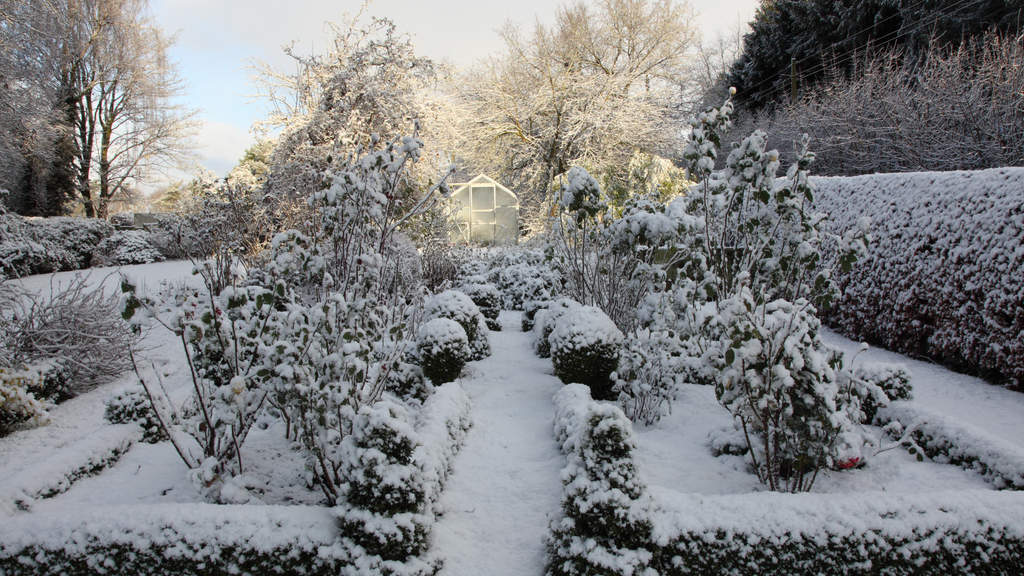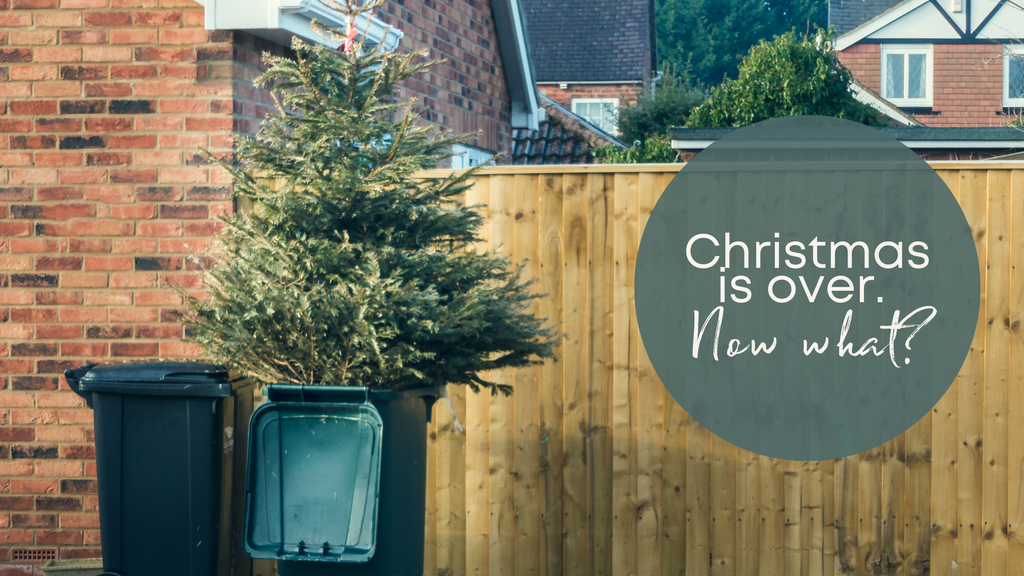
Prepping your soil for spring planting


As soil begins to dry out after the wet winter season, it's the perfect time to start preparing it for spring.
Ensuring your soil has been forked over and is full of the proper nutrients from fertilisers and compost will positively impact the bulbs and seeds you'll plant in the coming months.
We see all the dead stalks, stems, and autumn leaves collected over the winter in our gardens, and it's tempting to run out and spring clean the area as soon as we can. However, it's all about timing. Hold off on your clean-up until daytime temperatures consistently reach the 10s, if possible.
What we can't see are the billions of soil organisms exploding into existence as spring comes around. These organisms will bring the essence of life to your new seeds, bulbs and plants by recycling nutrients and fighting pests and disease.
These are our recommendations for treating your soil around springtime.
A mindful and careful clean-up
Wait as long as possible to rake leaves out of your plant beds. Beneficial insects and their offspring thrive in the leaf litter. So keep an eye out for insects, eggs and pupae as you clean up your leaves and try not to disturb them.
Think before you mulch
Back to those beneficial insects and pollinators: Covering your ground with mulch too early can affect their life cycle. Holding off until the soil dries out in warmer weather is recommended.
Wet soil is a no-go
Before tinkering about in your garden, allow the soil to dry. Take a handful and squeeze to tell when your soil is ready to work in the spring. If water comes out, hold off for a week or so. Soils that form a sturdy ball when moulded or clay soils that press into a shiny ribbon also need to dry more.
Digging up or walking on wet soils, particularly those with clays, compacts and damages the soil structure. You're effectively squeezing out the air, leaving little space for organisms to breathe or roots to grow.
Testing, testing, 123
Purchase a soil test kit if you don't have one already. We recommend that you test your soil when starting a new garden or when the general health of your garden is declining. However, a test at any time can let you rest assured that your soil contains all the essential nutrients.
In the UK, several certified labs will analyse your soil sample submissions. The results will guide you on what to add to your soil in terms of fertilisers. Find your nearest lab here
Add the magic ingredients
Once you’ve ascertained your garden’s fertiliser needs, consider using a complete organic fertiliser mix
For perennial gardens, spread the fertiliser when needed around the plants. Water lightly and cover with mulch. Only the top 2 inches need to be scratched in with fertiliser for vegetable gardens.
A plan for pesky weeds
Beneficial insects aren’t the only organisms waking up in spring. Weeds are doing what they do best – growing and stealing organic food from the living soil.
Now is the time to get them under control. Start in early spring by pulling weeds that emerge when they’re small and easy to manage. If they’re not noxious – meaning they don’t spread vigorously by root or stem – cover them with 2 to 4 inches of organic mulch. Consider consulting a weed guide to get the upper hand.
How perennial cuttings can service your soil
Bits of pruned trees, hedge trimmings and perennial cuttings can all be recycled back into the soil as an effective mulch. Chop your cuttings into smaller pieces and mulch them right below the perennials you’ve pruned. It’s the way nature intended and will prove beneficial to your plants in the long run.
Think of your spring garden clean-up as more of a care-up. It's vital that you aren't overly zealous and perhaps destructive when tilling about. Instead, by taking it slowly and being mindful of the wealth of organisms ready to breathe life into your soil, your garden will reap the benefits of a healthy population of pest-munching insects and pollinators. And you'll be handsomely rewarded with a bountiful season of growth.







